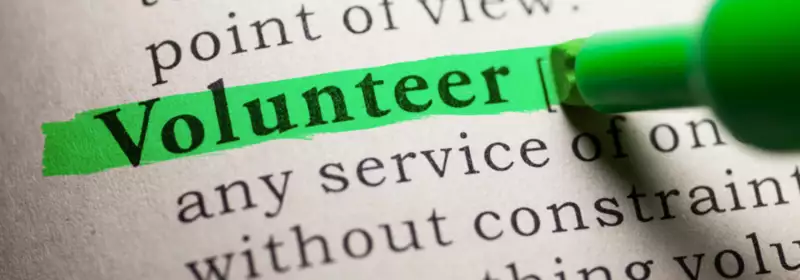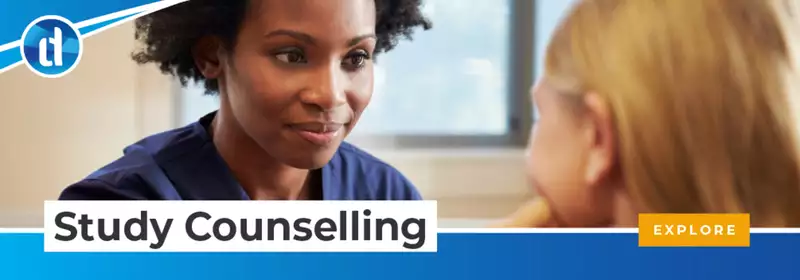A counsellor is trained in talking therapies designed to help people work through their challenges in a supportive and constructive way. More people are visiting their GPs with mental health related concerns than ever before and the rate of referrals for these talking therapy services grows year on year.
As such, the need for new counsellors is high. ChildLine counselling services held 24,549 sessions about suicidal thoughts and feelings in 2017/18 alone. Their highest number by that point. The fact that people are becoming more comfortable talking about and seeking support for mental health issues is positive. But the growing need is outweighing the current level of services available.
As a counsellor, you guide anyone struggling with their mental health to work through unhelpful or negative thoughts and behaviours. With your help, they can learn to confront and accept passed experiences, manage unhelpful thoughts and move forward positively.
There are no set entry requirements to become a counsellor as it is a profession that benefits from many skillsets. Often people move into this career later in life, allowing them to apply a broad range of skills and experience, often motivated by their own challenges to help others.
You too can pursue this career which provides needed support to others, through one of the routes listed below.

Through University
While there aren’t strict requirements for becoming a counsellor, you’re typically expected to be a member of a professional body. Like the British Association for Counselling and Psychotherapy (BACP), the UK Council for Psychotherapy (UKCP) or National Counselling Society (NCS). Which requires a qualification at foundation degree/diploma level.
Many aspiring counsellors go through university to study courses in counselling or related subjects. These not only provide essential knowledge and understanding for effective counselling practice, some courses also encompass placements for practical learning.
Courses typically studied are psychology and psychology combined degrees such as Psychology with Counselling, or Criminology and Psychology. However, degrees in Counselling and Psychotherapy Principles and Practices, Psychosocial Studies and Principles of Psychodynamic Counselling, and Counselling and Mental Health are being offered by a growing number of institutes.
Some counselling roles may require clinical/professional qualifications, for instance, being a registered nurse, occupational therapist or social worker. Others like a genomic counsellor would require scientific qualifications.
If you’re lacking the A Levels to study at university, there are Access to Higher Education Diplomas available to study. These are nationally recognised alternatives to A Levels tailored to get you into university. Many are in highly related areas like psychology and criminology, psychology and sociology, health and social care and social work.

By studying a college course
You can study to become a counsellor without having to go to university if you prefer. There are many courses available to give you essential skills and an understanding of the role. However, only some will allow you to qualify as a counsellor.
A three-stage approach is recommended for those looking to go down this route. To allow you to become familiar with counselling, the system and what’s involved. Then building on your skills so you’re career ready and able to practise competently and safely.
Stage 1: Introduction to counselling
There are many introductory courses available that will give you a good idea of what counselling entails as a career. They also provide great insight into the different areas and specialisms. So, you get an idea early on of where you might like to take your studies. It’s a great way to gain basic counselling skills and find out if it’s the right career for you. Without committing to years of study and expense.
Courses at this level could be Counselling Children and Adolescents, Drug, Solvent & Alcohol Abuse Counselling or Dysfunctional Family Counselling.
Stage 2: Diploma/Certificate in counselling
The next step would be to study a recognised diploma or certificate in counselling. Developing your skills and giving you a deeper understanding of counselling theories, ethics and self-awareness. Courses you could study include Mental Health and Counselling Level 3 Diploma or Level 3 Diploma in Counselling Skills.
While these don’t qualify you for independent counselling, they broaden your job prospects and are required for next level study.
Stage 3: Core practitioner training
Your core practitioner training needs to be at least level 4 diploma study in counselling or psychotherapy. It should be an in-depth professional practitioner training programme that brings counsellors to a professional level of competency. Providing training in reflective, competent and ethical practice and based on international standards of quality and competence.
These courses run for at least one year’s full-time study. And include a blend of knowledge-based learning, therapeutic competences and research awareness. Plus, supervised placements of at least 100 hours.

Voluntary Work
A common route into the industry is through voluntary work. Many people try this route before committing to study, to get a feel for it and make sure it’s what they want to pursue. Others provide counselling services for free with volunteer organisations indefinitely.
Either way, working within the voluntary sector offers plenty of room to develop your counselling skills. Some agencies who offer specialist counselling services, select and train volunteers for free. Volunteers then generally pay this back by providing voluntary counselling within the organisation.
You’ll need to understand basic counselling skills and show enthusiasm in your ongoing personal development to be considered for places. These volunteering environments will help you deepen your understanding of the profession. Plus, you’ll develop desired qualities employers are looking for and have relevant skills and experience to put on your CV.

Training with a Counselling Organisation
Otherwise, there are counselling organisations that offer training to people with a certain level of experience. Relate, for instance, provide courses in Relationship, Family and Young Peoples Counselling as well as Relational Training and Psychosexual Therapy.
These courses are provided at different levels that require you to meet certain entry requirements. Such as Level 3/4 Certificates in counselling and listening skills, related Level 4/5 diplomas and varying degrees of practical experience.
In addition to training aspiring counsellors, they also employ those who are fully qualified in their mainstream services.
If you’re reading this as an aspiring counsellor, start your education online with learndirect. As a leading UK distance learning provider, we offer numerous online courses to help you explore the field in more detail.
From basic counselling skills to combined mental health and counselling diplomas and industry specific Access to Higher Education Diplomas.
You can study online, from home, and get the knowledge you need without disrupting your lifestyle. What’s more, there are flexible payment methods available and dedicated tutor assistance throughout your studies.
View the many counselling courses we have available in our mental health faculty by clicking below.



















